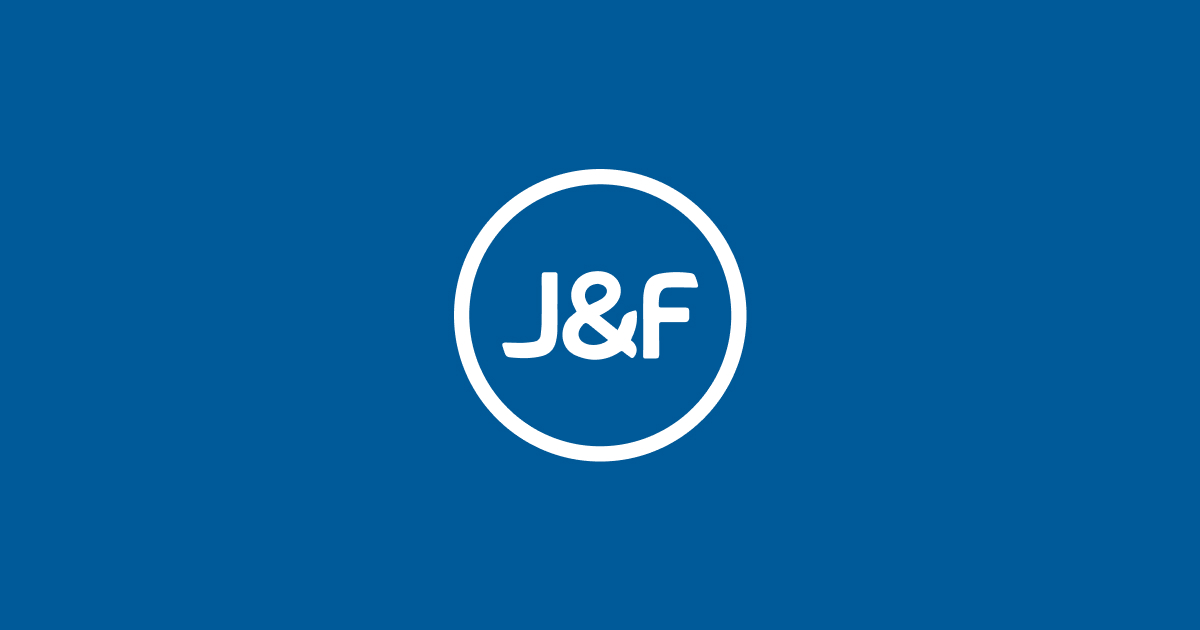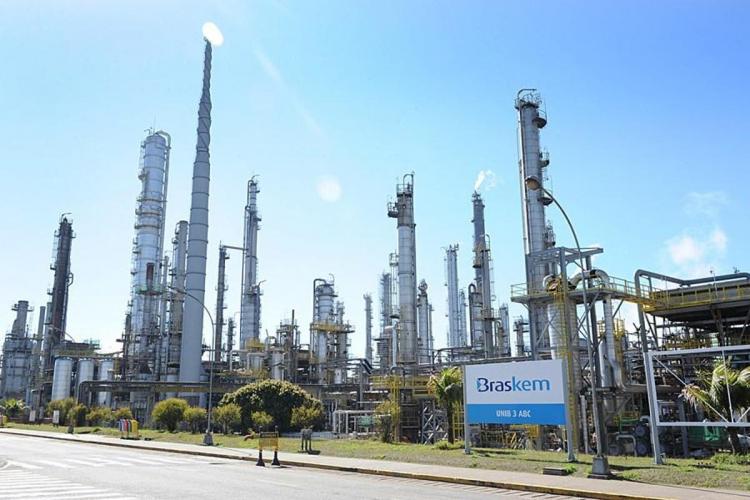
J&F Investimentos — the holding company of brothers Joesley and Wesley Batista, owners of meat processing giant JBS — has intensified talks with Novonor (formerly Odebrecht) to buy the group’s stake in petrochemical company Braskem. Valor has learned that there is no official proposal on the table, but the company has already had informal talks with the creditor banks that hold the company’s shares as collateral, according to two sources familiar with the matter.
With cash on hand and plans to expand into new businesses, J&F, advised by CF Partners, is currently considered a strong candidate to take Novonor’s stake in the company which has revenues of more than R$100 billion.
Since the end of January, after the frustrated attempt of the group to sell its shares on the stock exchange, the petrochemical company has again been sought by funds and strategic groups interested in the group’s 38.3% stake. The American manager Apollo and the Brazilian Unipar are among the interested parties — the business has also been offered to the Ultra group, but Valor found out that the Brazilian conglomerate is not interested in the deal.
A source connected to the creditor banks said that there have been informal talks between the holding company and these financial institutions, but there is no official proposal on the table. “There has been an informal approach, but no commitment has been signed,” said this person in the know. The banks have shares in guarantees. They add up to about R$15 billion in debts.
With the drop of the petrochemical stocks, the business became attractive again. Monday, the shares closed at R$ 41.42 — the devaluation in the accumulated for the year is 25.2%. The petrochemical market value closed at R$ 32.8 billion — Novonor’s equivalent slice represents R$12.6 billion, according to a Valor Data survey.
There was an expectation that the follow-on could take place in April, but due to market uncertainties the operation also did not go ahead.
Morgan Stanley was hired by Novonor to find a buyer for its shares. The buyer of Novonor shares will have to extend the offer to Petrobras, Braskem’s second largest shareholder, owner of 47% of the ordinary capital and 36.1% of the total. The state-owned company has the right to tag along, which allows it to sell the shares it holds under the same conditions offered to Novonor, according to the company’s shareholders agreement.
Valor reported in April that the manager Apollo made an offer of R$44.57 per share. For a market source, however, it is not the first time that Apollo shows interest in the petrochemical assets.
According to this source, J&F would have “the power” to make a firm offer for the company. The Batista brothers hired Carlos Fadigas, who was a career executive at Odebrecht and CEO of Braskem, to evaluate the business. The executive has good contacts with the group and knows the petrochemical company well.
Another person familiar with the matter said that there is an expectation that the brothers’ holding company will make an offer, but there is no firm commitment in this regard. “That proposal would have to be presented to Novonor,” he said.
The sale of Braskem’s assets has become a complex negotiation, full of comings and goings. Last year, the company was probed to sell the assets in sliced form, but the negotiations were not taken forward. A little over two years ago, Lyondellbasell even made an offer, but gave up the deal because of problems related to Braskem’s rock salt mining in the state of Alagoas.
Braskem, CF Partners, J&F, Morgan Stanley and Novonor were not immediately available for comment. Unipar informed that it does not comment on market rumors. Apollo did not return the requests for an interview.
vJ&F Investimentos — the holding company of brothers Joesley and Wesley Batista, owners of meat processing giant JBS — has intensified talks with Novonor (formerly Odebrecht) to buy the group’s stake in petrochemical company Braskem. Valor has learned that there is no official proposal on the table, but the company has already had informal talks with the creditor banks that hold the company’s shares as collateral, according to two sources familiar with the matter.
With cash on hand and plans to expand into new businesses, J&F, advised by CF Partners, is currently considered a strong candidate to take Novonor’s stake in the company which has revenues of more than R$100 billion.
Since the end of January, after the frustrated attempt of the group to sell its shares on the stock exchange, the petrochemical company has again been sought by funds and strategic groups interested in the group’s 38.3% stake. The American manager Apollo and the Brazilian Unipar are among the interested parties — the business has also been offered to the Ultra group, but Valor found out that the Brazilian conglomerate is not interested in the deal.
A source connected to the creditor banks said that there have been informal talks between the holding company and these financial institutions, but there is no official proposal on the table. “There has been an informal approach, but no commitment has been signed,” said this person in the know. The banks have shares in guarantees. They add up to about R$15 billion in debts.
With the drop of the petrochemical stocks, the business became attractive again. Monday, the shares closed at R$ 41.42 — the devaluation in the accumulated for the year is 25.2%. The petrochemical market value closed at R$ 32.8 billion — Novonor’s equivalent slice represents R$12.6 billion, according to a Valor Data survey.
There was an expectation that the follow-on could take place in April, but due to market uncertainties the operation also did not go ahead.
Morgan Stanley was hired by Novonor to find a buyer for its shares. The buyer of Novonor shares will have to extend the offer to Petrobras, Braskem’s second largest shareholder, owner of 47% of the ordinary capital and 36.1% of the total. The state-owned company has the right to tag along, which allows it to sell the shares it holds under the same conditions offered to Novonor, according to the company’s shareholders agreement.
Valor reported in April that the manager Apollo made an offer of R$44.57 per share. For a market source, however, it is not the first time that Apollo shows interest in the petrochemical assets.
According to this source, J&F would have “the power” to make a firm offer for the company. The Batista brothers hired Carlos Fadigas, who was a career executive at Odebrecht and CEO of Braskem, to evaluate the business. The executive has good contacts with the group and knows the petrochemical company well.
Another person familiar with the matter said that there is an expectation that the brothers’ holding company will make an offer, but there is no firm commitment in this regard. “That proposal would have to be presented to Novonor,” he said.
The sale of Braskem’s assets has become a complex negotiation, full of comings and goings. Last year, the company was probed to sell the assets in sliced form, but the negotiations were not taken forward. A little over two years ago, Lyondellbasell even made an offer, but gave up the deal because of problems related to Braskem’s rock salt mining in the state of Alagoas.
Braskem, CF Partners, J&F, Morgan Stanley and Novonor were not immediately available for comment. Unipar informed that it does not comment on market rumors. Apollo did not return the requests for an interview.
Source: Valor International



/i.s3.glbimg.com/v1/AUTH_37554604729d4b2f9f3eb9ad8a691345/internal_photos/bs/2022/F/l/KGqrTyTuC0xdhw6ofpoA/17emp-100-brask-b1-img01.jpg)

